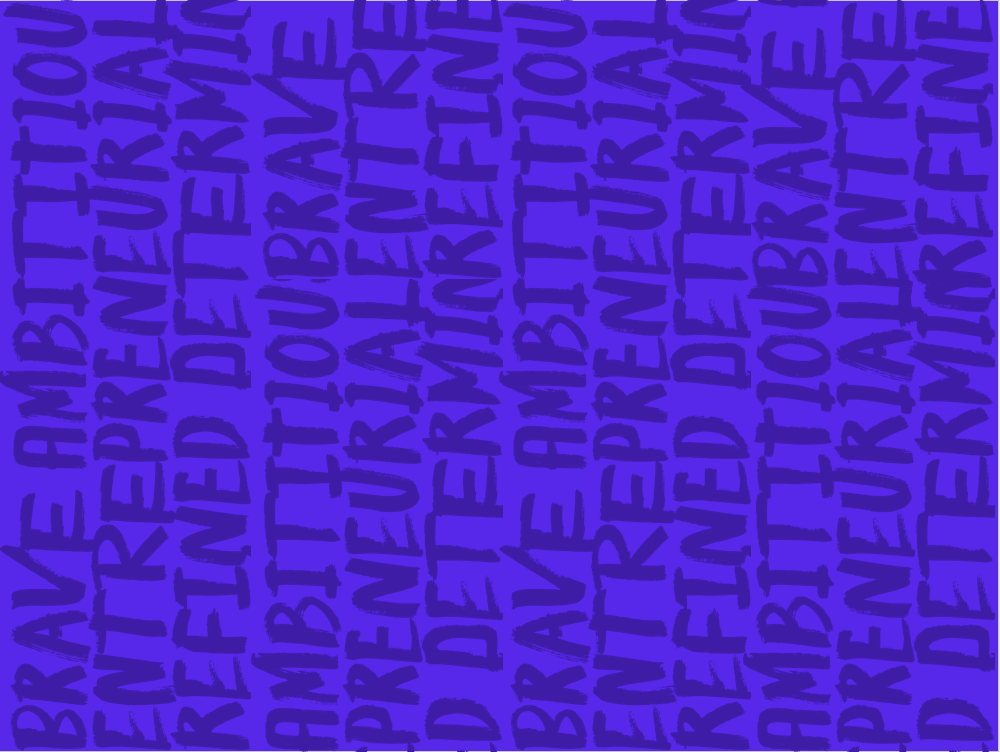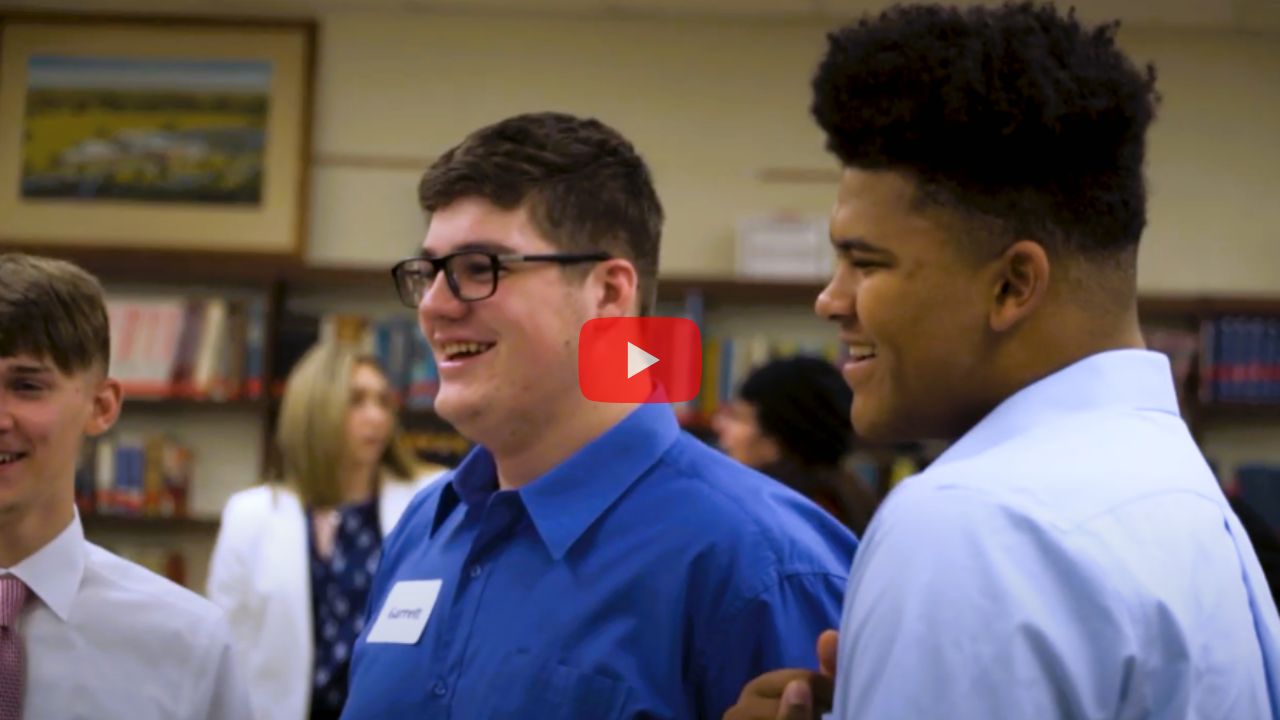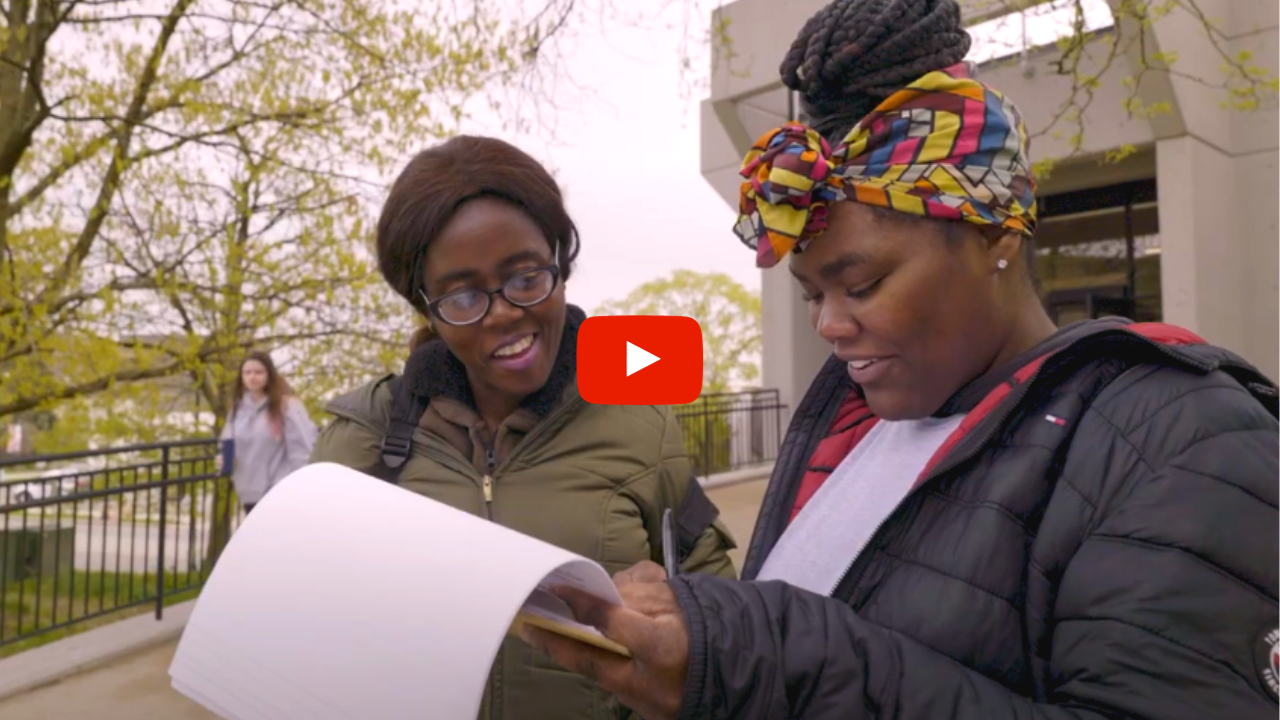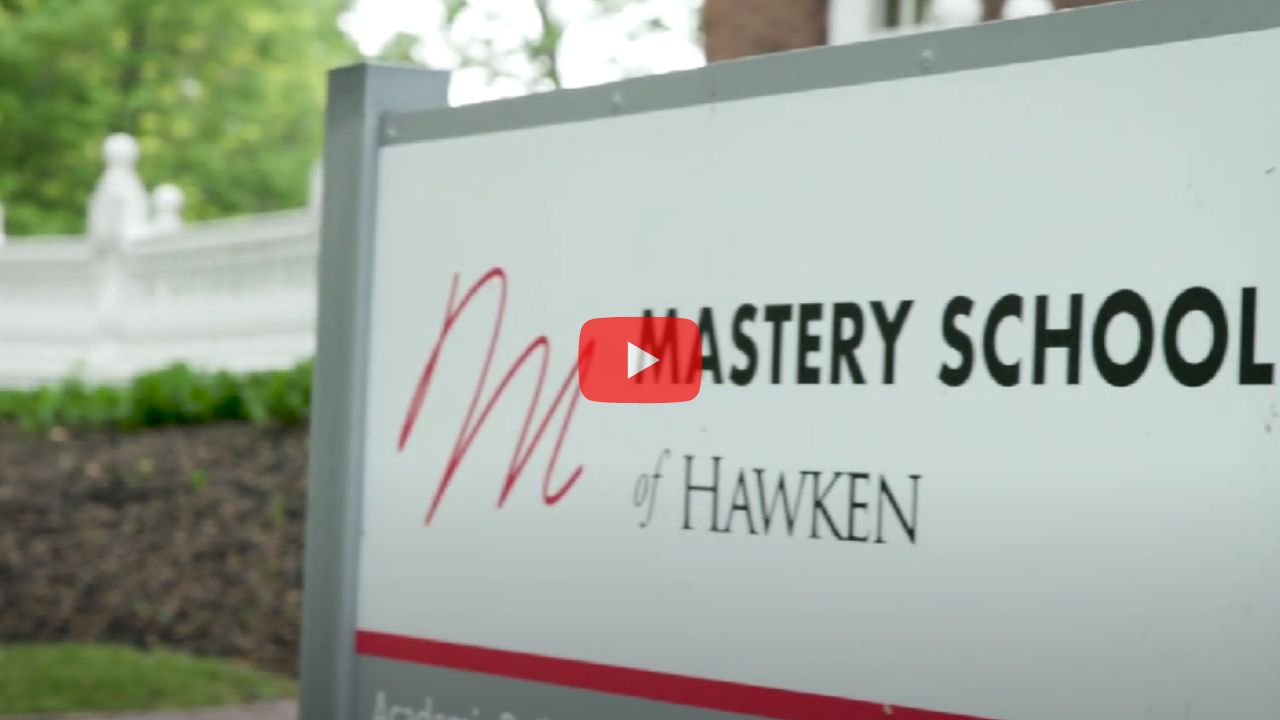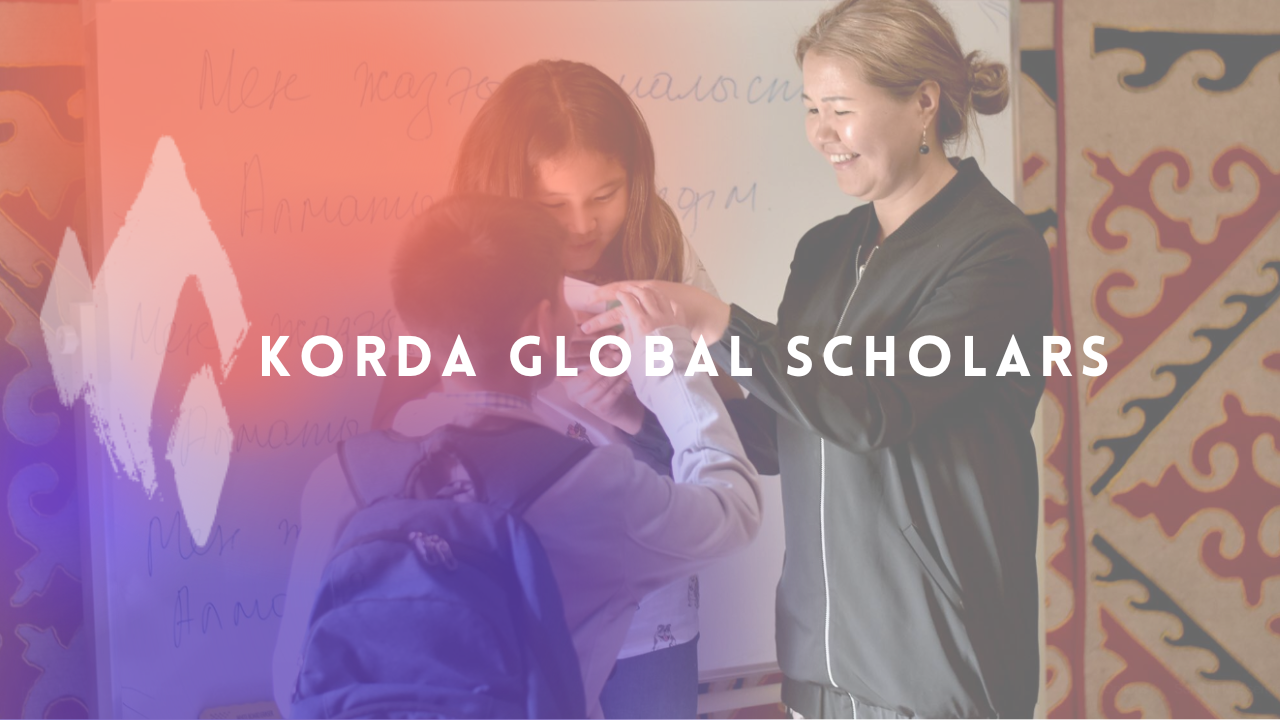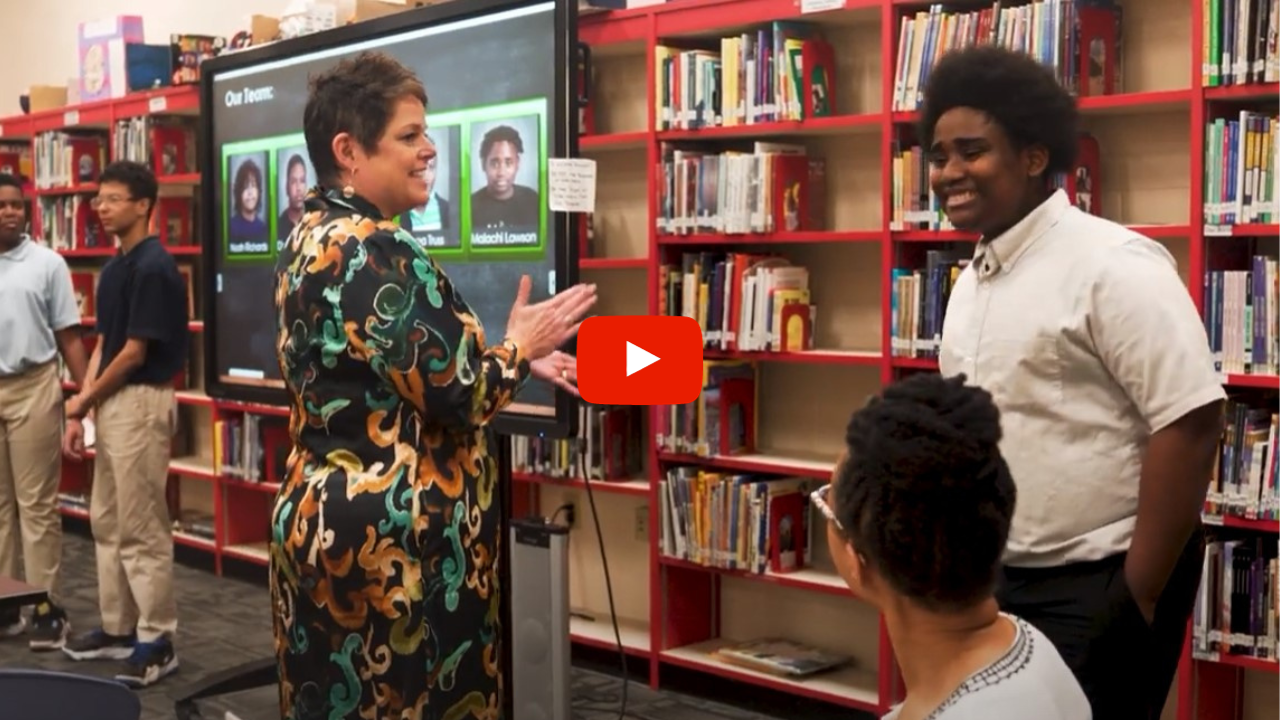Columbus City Schools – the largest public school district in Ohio – has partnered with Korda Institute to implement the Fellowship for 21st Century Teaching & Learning. Teachers in 7 middle schools joined the Fellowship to try bold new methods on the ground in their classrooms. Watch below to hear teachers and students talk about how their classrooms have been transformed as the Fellowship enters its second year.
“That’s just the bottom line. It’s priceless for kids. Kids want to know that they matter, and they want to learn but the learning’s got to matter too. And this does that. It’s the real deal.”
– Anita Cornell, English Teacher, Mifflin Middle School
Fellowship for 21st Century Teaching & Learning Video Transcription
Doris Korda (00:09):
What we’re doing with the fellowship is we’re actually having a two-year relationship with these teachers. It’s like going to a university program, but being able to do the learning and the practicing and the experiencing as part of your job.
Derek Braun (00:31):
Coming up with creative solutions with unlimited variables in a very complex world is a very, very hard thing to do. Having them get that spark of like, okay, I can do this. I know how to continue to learn and solve problems, they will become lifelong learners, and that was a skill that will never leave them.
Al Venturella (00:55):
If you want a child to take away a lesson, if you want them to remember something happened in school, have it through community engagement, it opens up that dual aspect where you go out in the community and the community comes in. It’s just cool for them to be able to shape their community because they do and they don’t realize it, but now they get to put their ideas together and really make a difference.
Quetah Sackie-Osborne (01:14):
I feel like it gives students more of a buy-in to their learning because they’re actually saying, wow, this is a real problem. This is something that if I did find the answer or if I do explore multiple answers, maybe some of them could actually be implemented.
Molly Rupp (01:33):
It’s made them more accountable. They are making sure you have to be here. You have to be here to help with this. If you don’t do your part, we’re going to fail As a group up here, I mean it’s affected our attendance. It’s helped with our attendance, but it’s also helped with knowing that they’re part of something bigger than just seventh grade science class.
Dara VanEngelenhoven (01:56):
The engagement. I think that’s probably the biggest. I could see the wheels turning and you don’t see that very often when you’re talking about earth science. I’ve seen the growth in just three weeks. They are seeing how this could be implemented in other ways, like their research and their interviewing and the way they’re looking at problems.
Tracey Rutherford (02:17):
The relationships that I’ve built with this group of students is much different than the relationships I have with students in other classes and from this, I have learned more about my students than I had the three, nine weeks leading up to this.
Anita Cornell (02:33):
Knowing what I know now, I say that the fellowship is, it’s priceless for kids. That’s why. That’s just the bottom line. It’s priceless for kids. Kids want to know that they matter and they want to learn, but the learning’s got to matter too, and this does that. I mean, it’s the real deal.
Isabella (Student) (02:56):
You efinitely are making a difference, so you feel like you’re making a difference and that can motivate you more.
Noah (Student) (03:02):
Which do you think, would we remember more, from the textbook or from the video? Don’t get me wrong, you can learn good things from the textbook, but from experience is great.
Daisy (Student) (03:18):
I think I’ve grown by learning how to work better with people, being kind of almost a leader too, helping my team through all of the problems we might’ve faced, because usually I don’t really take the leadership.
Malachai (Student) (03:32):
We can make a change, you know? Even though we’re just in middle school, children don’t really get a say or they don’t really get to speak for themselves. Everybody’s just making a decision for them. If we start this, then we can encourage other schools and maybe kids will be like, oh, we want this too, and be like, okay, you know what? Let’s give them a chance. Let’s actually listen to these kids. Cause, you never know. We could be great.

